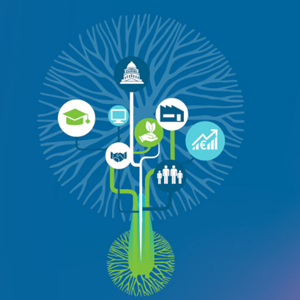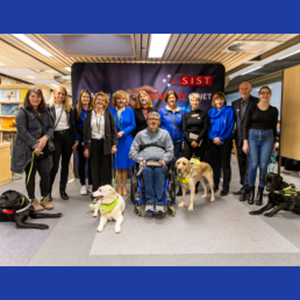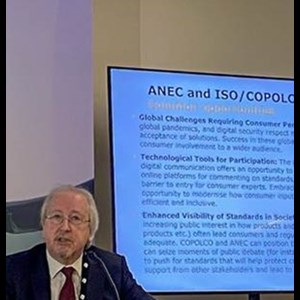NEWS

CEN and CENELEC are pleased to support the dissemination of the survey launched by the European Commission on the Codes of Practice for Knowledge Valorisation, adopted between 2023 and 2024.

The CEN Workshop on 'Trusted Data Transaction - Part 2: Trustworthiness requirements' was kicked off on 3rd October 2023. The Workshop’s registered participants have agreed on the first draft of the CWA.

The Keymark system is a pan-European certification system demonstrating conformity with certain European Standards developed by CEN and CENELEC.

On 14 May, the Horizon Europe project Edu4Standards.eu will host a webinar to introduce the Academic Standards Days and the process to apply for funding. The Academic Standards Days are key events designed to deepen the understanding of standardization and further the engagement with the topic at universities across Europe.

A ceremonial opening of the exhibition titled “The world is safe and sound when standards are around” took place at the Central Technical Library of the University of Ljubljana (CTK), co-organized by the Slovenian Institute for Standardization (SIST) and CTK. The exhibition highlights the crucial role of standards in ensuring safety, quality, and sustainability in everyday life, as well as their impact on society, industry, and technology.

The draft standard prEN 18156 ‘Tactile lettering - Requirements on the presentation and application of Braille and raised characters’ was out for CEN Enquiry until 24 April 2025. ANEC has played a leading role in the development of the standard and supports its adoption.

Standards provide rules and guidance on how products and tools are made, how methods are applied, and how services are rendered. Not only are they crucial in enabling the Single Market through interoperability and compatibility, they also ensure the safety and quality of products. At the same time – and very importantly –, standards affect workers. From the design of high-risk machinery and AI systems used in the workplace to the specifications governing personal protective equipment across various sectors in Europe, standards permeate the world of work.

In Austria, 4,860 experts from 2,880 nominating organizations are currently involved in standardization on a voluntary and unpaid basis. With 1,042 delegates at European level, Austria has a strong impact on the global standardization network and is actively involved in shaping standards. The new brand strategy of Austrian Standards reflects this attitude and self-image of the organization. The sharpened brand identity combines expertise, reliability and innovative strength.

The March issue of the CEN-CENELEC newsletter 'On the Spot' is out now!

A new CEN-CENELEC Workshop is being planned which will complement the activities of the EU Research project HYSTORE (Hybrid Services from Advanced Thermal Energy Storage Systems). The mission of this project is to develop and validate an innovative set of Thermal Energy Storage (TES) concepts, based on the combination of cutting-edge technology components, unlocking the potential of this kind of energy storage as a sustainable solution.